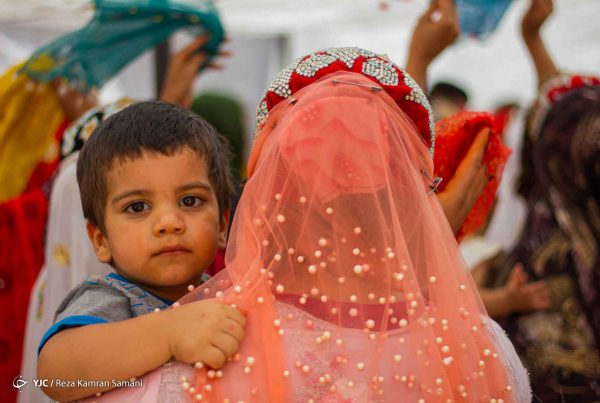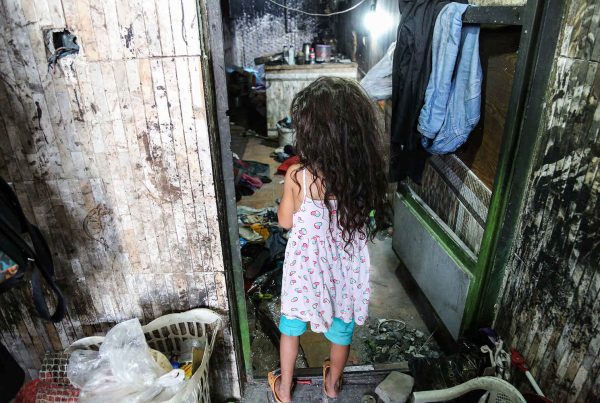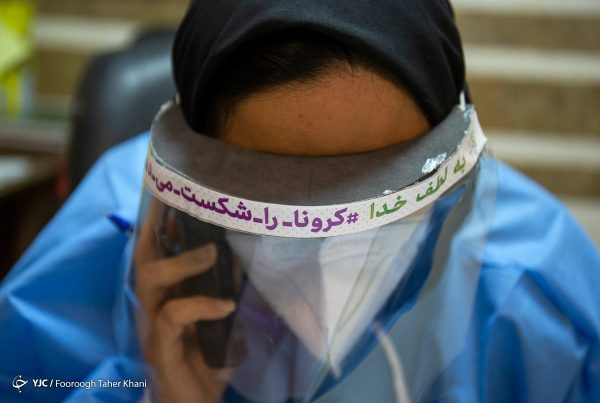
According to the United Nations reports, a third of all women and girls experience physical or sexual violence in their lifetime, half of women killed worldwide were killed by their partners or family, and violence perpetrated against women is as common a cause of death and incapacity as cancer, and a greater cause of ill health than road accidents and malaria combined. While gender-based violence can happen to anyone, women who identify with the LGBTI community, migrants and refugees, indigenous minorities, and those living through humanitarian crises, are particularly vulnerable to gender-based harm.
We should note that in most of the Middle Eastern countries, the actual number of victims of violence against women is likely to be much higher, because a considerable amount of cases will go unreported due to patriarchal traditions, shame, lack of legislations, and fear of victim blaming or retaliation. We also should not disregard the impact of neoliberal economic systems in perpetuating the traditional breadwinner-homemaker roles (paid and unpaid labor respectively) and the gendered expectations that flow from it, which put women in the submissive position in the society.
به گزارش سازمان ملل، یک سوم تمام زنان و دختران در طول زندگیشان مورد آزار فیزیکی یا جنسی قرار گرفتهاند، نیمی از زنان کشتهشدهی دنیا به دست خانواده یا شریک عاطفی خود به قتل رسیدهاند، خشونت علیه زنان به اندازهی سرطان عامل مرگ و معلولیت زنان بوده و بیش از مالاریا و حوادث جادهای به سلامت زنان لطمه میزند. درحالی که ممکن است هر کسی در معرض خشونت مبتنی بر جنسیت قرار بگیرد، اما زنان غیردگرجنسگرا، مهاجران و پناهندگان، اقلیتهای بومی و کسانی که در مناطق بحرانی و جنگی زندگی میکنند نسبت به این نوع خشونت آسیبپذیرترند.
باید توجه داشت که در بیشتر کشورهای خاورمیانه به احتمال زیاد تعداد واقعی موارد خشونت علیه زنان بیشتر است، چرا که قربانیان عموما به واسطهی سنتهای پدرسالارانه، شرم، نبود قوانین کافی، و ترس از محکومیت یا انتقام، خشونت رخ داده را گزارش نمیکنند. همچنین نباید به تاثیر نظامهای اقتصادی نئولیبرال در بازتولید نقشهای نانآور-خانهدار (به ترتیب کار بامزد و بیمزد) و انتظارات جنسیتی ناشی از آن که زنان را در موقیعت فرودست جامعه قرار میدهد بیتوجه بود.



